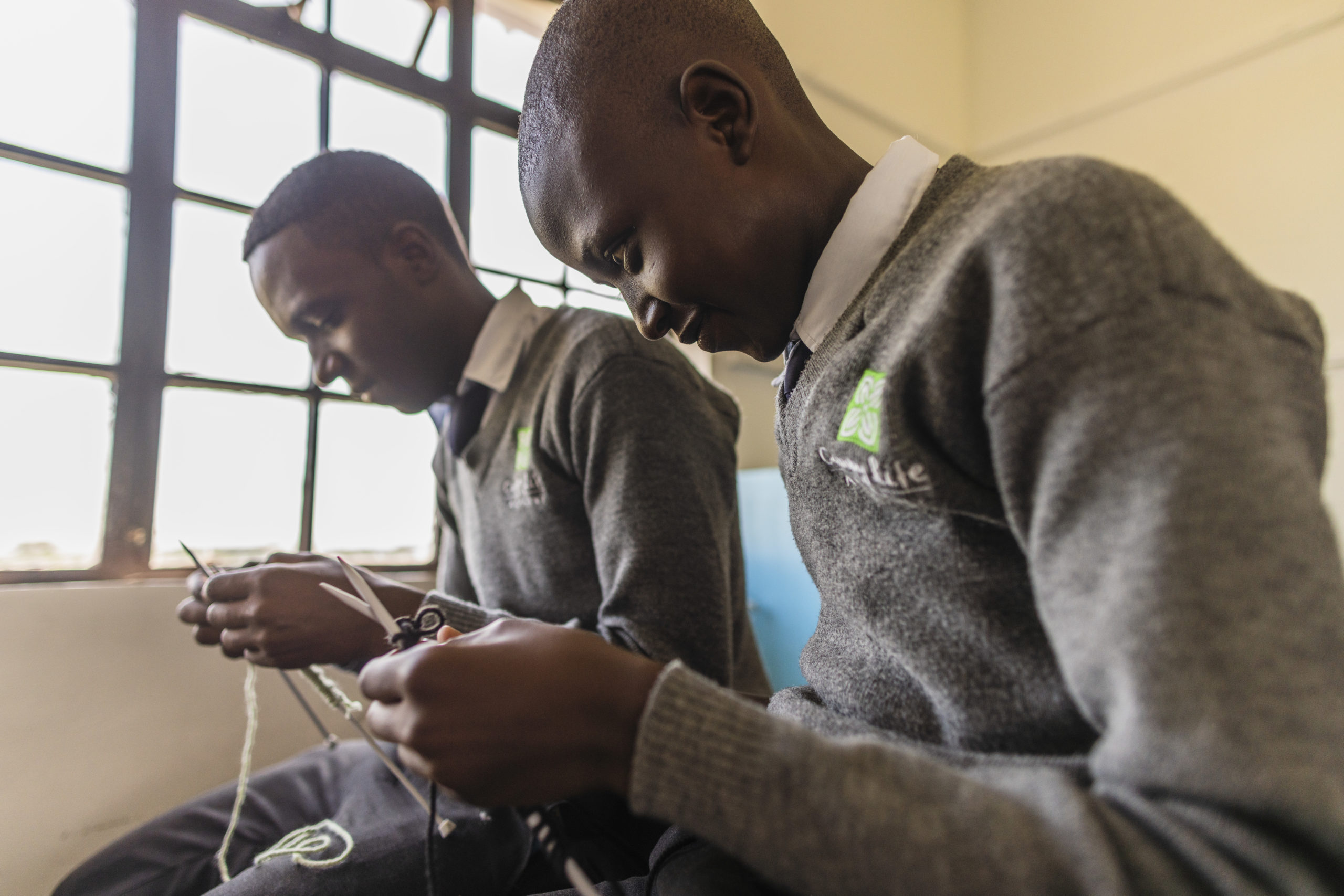When you take a quick glance at the world today, it may be easier to suggest that human beings are naturally more selfish, and geared towards their own self-interest. However, studies done in the past few years have shown that while that statement above to a certain extent is true, we all have a natural propensity for generosity running through us as well.
Many of us have probably felt at some point in our lives (most likely many points), that doing a good deed, or being generous towards someone or something makes us feel good! Scientifically, it activates the same reward pathway in our brains and bodies that food and sex do. This explains why human beings are just as naturally inclined to generosity as they are to self-interest. It is even said that generosity is linked to better overall health in adults, more stable mental health, better self-esteem, and potentially a longer life span.
One of the most fascinating studies that was done, found that children, have a greater drive to cooperate with and help others. However, as they grow, the inclination towards both those things tapers off with age and their behavior is more selective towards certain people and things.
SO, if as humans we are both inclined towards selfishness and generosity…how do we cultivate one over the other? How do we become more generous people when it’s just as natural and easy to be self-serving?
Dr. Summer Allen of the Greater Good Science Center, suggests that there are certain factors that can naturally influence someone’s overall generosity. Some people are born with and others are learned, but many of them, when put into practice, are things that can be cultivated and grown in our lives. A few of these factors can be found below…
EMPATHY
Dr. Allen makes the correlation between people who are more empathetic and compassionate towards others with those people being naturally more generous. If you don’t identify as someone who is naturally empathetic, it’s suggested that empathy is a skill that can be grown AND if you see it as a skill that can be grown and not something that you are either born with or without, you will have a greater chance of becoming more empathetic.
EMOTIONS
Positive moods lead to more generous behaviors and negative moods lead to more self-centered behaviors. We all know that becoming a more positive person (if you are not already) is something that we can develop. Is it easy? No, but luckily science suggest that it’s possible and there are steps and exercises we can do to become more positive.
MORALS & VALUES
One big identifier of someone who may be more inclined towards generosity, is someone whose morals and values include something called the “principal of care”. This is someone who has a belief system that includes a responsibility to help those in need. People who show strong morals surrounding helping others tend to be more generous financially and with their time through volunteering.
RELIGIOUS FACTORS
A study done with 30,000 people across the U.S found that religious people are 25% more likely to give financially towards charities than those who are not. Another study found that higher church attendance and people who place a greater degree of importance on their religion could increase their financial generosity.
IDENTITY
One of the simplest factors Dr. Allen points out, is that research suggests people who would identify as generous when asked to describe themselves are more willing to give when they see it as part of who they are. There is always room for improvement in becoming more generous towards others, but if we began to describe ourselves as such, think about how much more generous we could be daily!
Whether you identify as someone who is generous or not, this study has shown that deep down, we all have generosity in our nature. For some of us – it comes more naturally to than others, but if it is something you want to cultivate more of in your life, you CAN!
This month on our Canopy Life campus, we are encouraging our students to tell us what generosity means to them and challenging them to be generous to those around them! We would love for you to join us and be part of it! If you want to follow along on our generosity journey, click the buttons below.
Source: Summer Allen Ph.D., Greater Good Science Center
